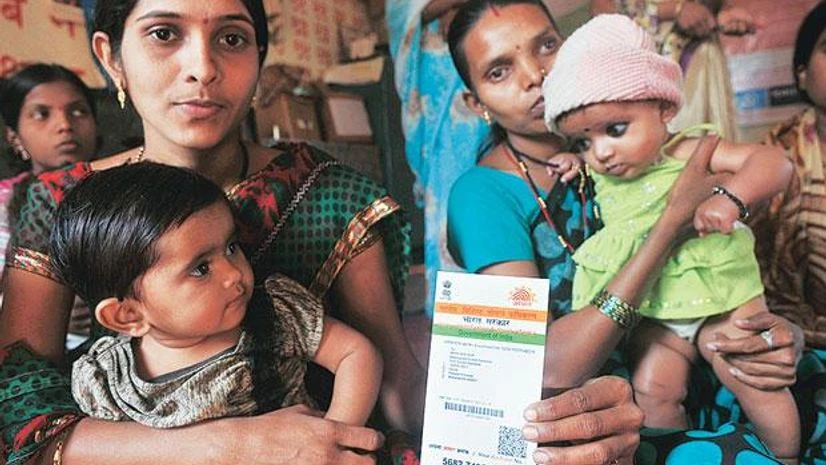A research-based study has countered Chief Economic Advisor Arvind Subramanian’s prescription on replacing existing social welfare schemes with universal basic income (UBI).
The study by Carnegie India, the centre here of a US-based institution, also opposed the Economic Survey 2016-17 proposal of delivering UBI through an Aadhaar-linked system.
The survey says an “annual transfer of Rs 7,620 ($120) to 75 per cent of India’s population will push all but India’s absolute poorest above the 2011–12 Tendulkar poverty line.”
It said the cost of such a scheme will be 4.9 per cent of gross domestic product (GDP). And, that a budget-neutral transfer could only materialise after existing programmes are withdrawn.
“The Survey is unjustified in presenting India’s largest welfare schemes as candidates for replacement,” said Saksham Khosla, a research analyst with Carnegie India, who authored the study.
Also Read
In his study, India’s Universal Basic Income: Bedeviled by the Details, he says several such programmes are intended to achieve long-term development goals and cannot be simply substituted by cash transfers.
“In addition, India’s national food distribution and public works programmes, which the survey singles out for their high levels of misallocation and leakage, have improved significantly over the past decade in terms of their coverage and targeting efficiency,” Khosla said.
He also said an exclusive reliance on Aadhaar-linked welfare payments is short-sighted.
“Pilot evaluations of direct benefit transfers (DBT) have found significant room for improvement in last-mile delivery, size of the subsidy, and grievance redressal, even as authentication failures and exclusion errors due to Aadhaar persist,” he pointed out.
Significant progress is still to be made before large-scale Aadhaar-linked transfers can be trusted to reach recipients, he cautioned.

)
